
8-hour MATE Act DEA-Required Substance Use Training
As of June 27, 2023, DEA registrants are to have completed a total of at least 8 hours of training on treatment and management of patients with opioid or other substance use disorders. This 8-hour activity meets training requirements of the 2023 MATE (Medication Access and Training Expansion) Act.
This activity brings together accredited CAFP SUD enduring activities into an 8-hour package:
- The Time for Treating Substance Use Disorder Is Now, 1.00 CME
- Break the Stigma, Save a Life, 1.00 CME
- Pain Management and Opioids: Balancing Risks and Benefits, 3.00 CME
- Prescribing Medication for Opioid Use Disorder, 1.00 CME
- Opioid and Substance Use Disorders in Special Populations: Youth and Young Adult Athletes, 1.25 CME
- Addiction Medicine Is Family Medicine!, 0.75 CME
The United States faces a crisis of deaths from opioids, stimulants, synthetic agents, tobacco and alcohol. These deaths represent a mere fraction of the total number of Americans harmed by substance misuse, and many people suffer daily from chronic use disorders. The long-term effects of substance misuse impact individuals, families, and communities. This is further compounded by changing patterns of substance misuse, as well as an increasing incidence of polysubstance use. The rise in fentanyl use or exposure, concurrent substance misuse, as well as overdose deaths, necessitates consideration of educational elements that promote understanding of SUDs, as well as their identification, treatment, and management.
Federal and state policy over the last decade has sought to overcome the long-term effects of substance misuse impacting individuals, families, communities, and those charged with resource allocation. Most recently, Section 1263 of the ‘Consolidated Appropriations Act of 2023’ otherwise known as the Medication Access and Training Expansion (MATE) Act, requires new or renewing Drug Enforcement Administration (DEA) registrants, as of June 27, 2023, to have completed a total of at least 8 hours of training on opioid or other substance use disorders, as well as the safe pharmacological management of dental pain.
Practitioners can meet this requirement in one of three ways:
- Complete a total of 8-hours of training from a range of training entities on opioid or other substance use disorders; or
- Board certification in addiction medicine or addiction psychiatry from the American Board of Medical Specialties, American Board of Addiction Medicine, or the American Osteopathic Association; or
- Graduation within 5 years and in good standing from a medical, advanced practice nursing, or physician assistant school in the United States that included successful completion of an opioid or other substance use disorder curriculum of at least 8 hours. This curriculum must have included teaching on the treatment and management of patients with opioid and other substance use disorders, including the appropriate clinical use of all drugs approved by the Food and Drug Administration for the treatment of a substance use disorder.
See SAMHSA Recommendations for more details.
Available credit:
- 8.00 AAFP Prescribed
- 8.00 AMA PRA Category 1 Credit™
Questions:
For questions regarding the content of this activity or for technical assistance, contact [email protected].
Copyright:
© 2023 California Academy of Family Physicians. No part of this activity may be used or reproduced in any manner whatsoever without written permission except in the case of brief quotations embedded in articles or reviews.
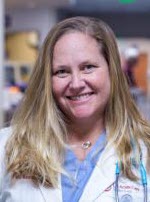 Arianna Campbell, PA-C
Arianna Campbell, PA-C
Ariana Campbell is an Emergency Department PA with more than 23 years of clinical experience. She is co-founder and also serves as Director and co-Principal Investigator for California Bridge, an organization now known as The Bridge, because of its national reach and whose goal is to transform addiction treatment by ensuring that every hospital in California provides 24/7 access to evidence-based care - treating substance use disorder like any other life-threatening condition.
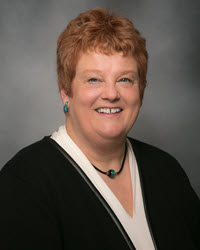 Carol Havens, MD, FAAFP
Carol Havens, MD, FAAFP
Carol Havens, MD, recently retired as the Director of Physician Education and Development at the Kaiser Permanente Medical Care Program, Northern California Region, and was a staff physician of Chemical Dependency and Recovery Program at Kaiser Permanente. She is board certified in Family Medicine and Addiction Medicine. Dr. Havens received her undergraduate degree in Medical Technology from Michigan State University and her medical degree from the University of Arizona. She completed her residency training at the University of California, Davis-Sacramento Medical Center Family Practice Residency Program where she also served as chief resident.
Sky Lee, MD
Dr. Lee’s primary interests are to improve care and access for vulnerable populations, to empower both patients and providers to be advocates for their communities and to dismantle white supremacy within ourselves and in medicine. She’s been on the faculty of UC Davis Medical Center, and has worked with the California Bridge program. She currently works with people who are incarcerated.
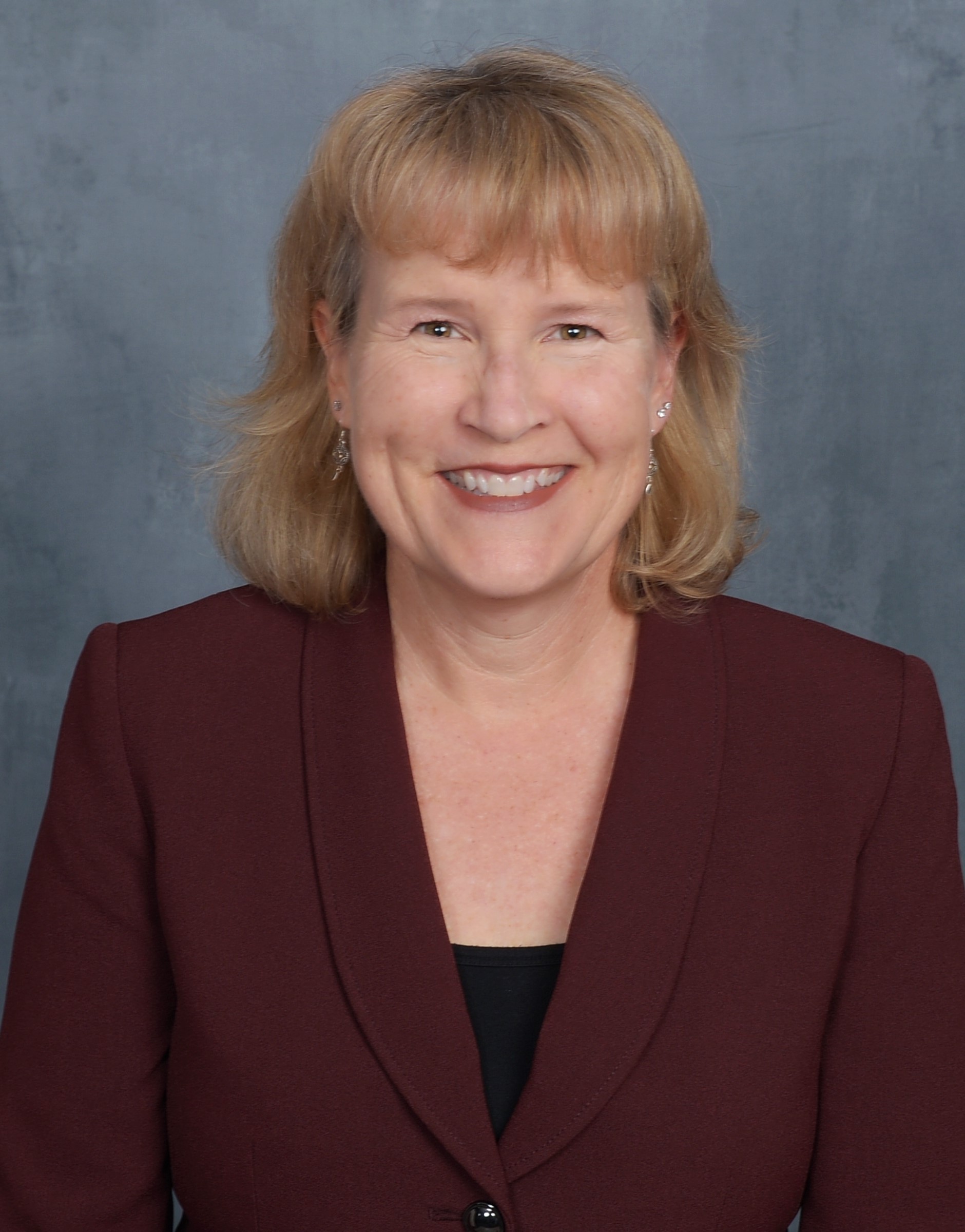 Karen Muchowski, MD
Karen Muchowski, MD
Karen Muchowski, MD is a board-certified family physician with a special interest in women’s health, pediatrics, and chronic pain issues. Dr. Muchowski attended medical school at the University of California at Davis and finished her Family Medicine Residency at Oregon Health Sciences University. She has divided her career equally between full time clinical medicine and residency teaching; and is currently in full time practice with Palomar Health Medical Group in Temecula, California. She is interested in pediatrics, women’s health and takes a collaborative approach to managing patients with chronic pain. She served as a member of the Committee for Continuing Professional Development for the California Academy of Family Physicians and currently serves as master faculty member of the Collaborative for REMS Education (CO*RE).
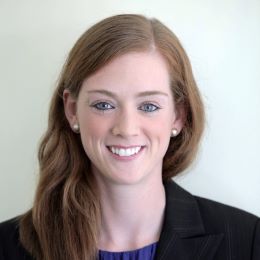
Mary K. Orsulak, MD
Dr. Orsulak is passionate about decreasing barriers to primary care and integrating harm reduction when providing patient care. She serves patients at the Sacramento County Primary Care Clinic, Mercy Clinic at Loaves and Fishes, and the Sacramento County Department of Public Health Sexual Health Clinic. Dr. Orsulak is an attending on the inpatient UC Davis Substance Use Intervention Team and working on projects to improve access and quality of care for people living outside in Sacramento.
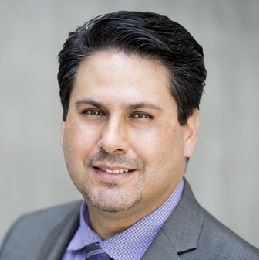
Mario San Bartolome, MD, MBA, MRO, FASAM
Dr. Mario San Bartolome is board certified in both Family Medicine and Addiction Medicine. He has experience in all levels of care related to substance use disorders, serves vulnerable populations through FQHCs in Orange County, and is very active in both the American Society of Addiction Medicine and California Society of Addiction Medicine, where he serves on the Board of Directors.
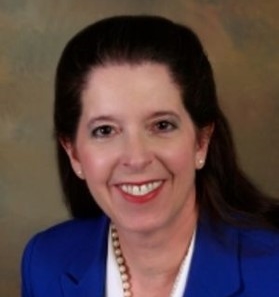
Lauren M. Simon, MD, MPH, FAAFP, FAMSSM
Dr. Simon is a Professor of Family Medicine and Director of Primary Care Sports Medicine at Loma Linda University, and the Assistant Director of the Family Medicine Residency Program at Loma Linda-Inland Empire Consortium for Healthcare Education. She also is a Clinical Professor of Family Medicine at the University of California, Riverside. She was President of the CAFP Board from 2022-2023.

Rebecca Trotzky-Sirr, MD
Dr. Rebecca Trotzky-Sirr is the Medical Director of the Urgent Care Center at LAC + USC, one of the largest public hospitals in the US. She is board certified in Family Medicine and Addiction Medicine, and is faculty in the Department of Emergency Medicine at USC. Additionally, she coordinates expansion of treatment for opioid use disorder as the Southern California Regional Coordinator for The Bridge, formerly the CA Bridge Program.
Conflict of Interest Statements:
The Committee on Continuing Professional Development and CME will be responsible for mitigating any relevant financial relationships disclosed by an individual who may have influence on content, who have served as faculty, or who may produce CME/CPD content for the CAFP. Mitigation may include learner notification, peer review of content before presentation, requirement of EB-CME, changing topics, or even dismissing a potential faculty member.
It is the policy of the CAFP to ensure independence, balance, objectivity, scientific rigor, and integrity in all continuing education activities. All individuals with potential to influence the content of this program have submitted Disclosure of Interest declarations that have been reviewed according to policy. Learner notification of declarations is below. All individuals with relevant financial relationships with ineligible companies have been contacted by CAFP staff or CCPD members, and issues of conflict have been discussed and mitigated.
Faculty Disclosure:
Karen Muchowski is an investor in Defined Research, a company addressing insomnia through use of CBD. This relevant financial relationship has been mitigated.
All other faculty declare that they have no financial relationships with ineligible companies to disclose.
CME Planners:
The following planners have no relevant financial relationships to disclose: Jerri Davis, CHCP, Laurie Isenberg, MA, MILS, Shelly B. Rodrigues, MS, CAE, FACEHP, FAAMSE
8.0 AAFP Prescribed Credit
The AAFP has reviewed Call to Action: The Time for Treating Substance Use Disorder Is Now, and deemed it acceptable for AAFP credit. Term of approval is from 02/22/2023 to 02/22/2024. Physicians should claim only the credit commensurate with the extent of their participation in the activity. Credit approval includes the following sessions:
- 1.00 Enduring Materials, Self-Study AAFP Prescribed Credit(s) - The Time for Treating Substance Use Disorder Is Now
- 1.00 Enduring Materials, Self-Study AAFP Prescribed Credit(s) - Break the Stigma, Save a Life
- 1.00 Enduring Materials, Self-Study AAFP Prescribed Credit(s) - Prescribing Medication for Opioid Use Disorder
- 0.75 Enduring Materials, Self-Study AAFP Prescribed Credit(s) - Addiction Medicine is Family Medicine
The AAFP has reviewed Pain Management and Opioids: Balancing Risks and Benefits and deemed it acceptable for up to 3.00 Enduring Materials, Self-Study AAFP Prescribed credits. Term of Approval is from 04/15/2023 to 10/06/2023. Physicians should claim only the credit commensurate with the extent of their participation in the activity.
The AAFP has reviewed Pain Management and Opioids: Balancing Risks and Benefits and deemed it acceptable for up to 3.00 Enduring Materials, Self-Study AAFP Prescribed credits. Term of Approval is from 10/07/2023 to 10/07/2024. Physicians should claim only the credit commensurate with the extent of their participation in the activity.
The AAFP has reviewed CRPC: Education to Improve Services to Patients with OUD/SUD, and deemed it acceptable for AAFP credit. Term of approval is from 08/24/2023 to 08/24/2024. Physicians should claim only the credit commensurate with the extent of their participation in the activity. Credit approval includes the following session:
- 1.25 Enduring Materials, Self-Study AAFP Prescribed Credit(s) - Opioid and Substance Use Disorders in Special Populations: Youth and Young Adult Athletes
8.0 AMA PRA Category 1 Credit™
AAFP Prescribed credit is accepted by the American Medical Association as equivalent to AMA PRA Category 1 Credit™ toward the AMA Physician's Recognition Award. When applying for the AMA PRA, Prescribed credit earned must be reported as Prescribed credit, not as Category 1.

 Facebook
Facebook X
X LinkedIn
LinkedIn Forward
Forward